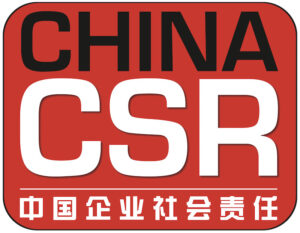Food and beverage giant PepsiCo has opened its first overseas "green" plant, in China.
The plant is in the western city of Chongqing and is said to be part of PepsiCo's plan to invest USD1 billion in China. The state-of-the-art beverage facility is important to the company's ongoing strategy to expand in emerging markets and broaden its portfolio of locally relevant products.
PepsiCo plans to fund a variety of major capital programs to grow its manufacturing capacity in China, particularly in the interior and western areas. Over the next two years, the company expects to open five new beverage manufacturing plants: in Kunming, Zhengzhou, Quanzhou, Lanzhou, and Nanchang. It also plans to invest to strengthen its local research and development capabilities and broaden its portfolio of Chinese-designed and developed products such as Tropicana Guo Bin Fen juices, Lay's Lychee potato chips, and Cao Ben Le drinks, which are inspired by traditional Chinese medicine.
According to PepsiCo the Chongqing plant is the first "green" beverage plant ever built in China, and the first plant of any kind in the industrial center of Chongqing to comply with the rigorous sustainable engineering standards known as Leadership in Energy and Environmental Design, set by the Green Building Council. The plant uses over 35 water and energy saving designs and utilizes the world's most advanced technology, including an environmental management system that monitors water and energy use on every production line and every piece of individual equipment in real time.
The facility is designed to use 22% less water and 23% less energy than the average PepsiCo plant in China. To save water, the plant utilizes a high-pressure cleaning system, water-free conveyor belt lubricant, and water-conservation fixtures. Plant associates use recycled water for landscaping and general cleaning instead of using potable water. To save energy, 75% of the plant's indoor areas feature natural lighting, including a skylight in the packing area and warehouse. A roof garden insulates the office building and saves energy for cooling and heating.
The new plant is expected to help PepsiCo annually reduce greenhouse gas emissions by 3,100 tons; water usage by 100,000 tons; and overall energy use by four million kilowatt hours compared to its former Chongqing plant. It also will serve as an educational center to raise awareness of good environmental practices among students in the local community.
China is reported to be PepsiCo's fastest-growing foods market and its largest beverage market outside the USA.

